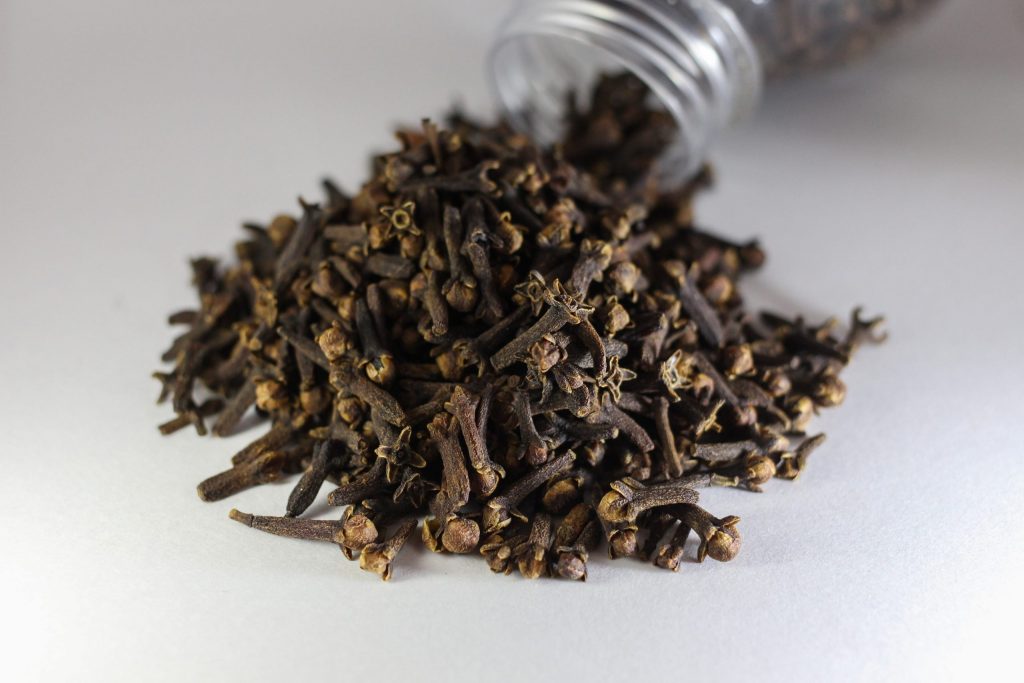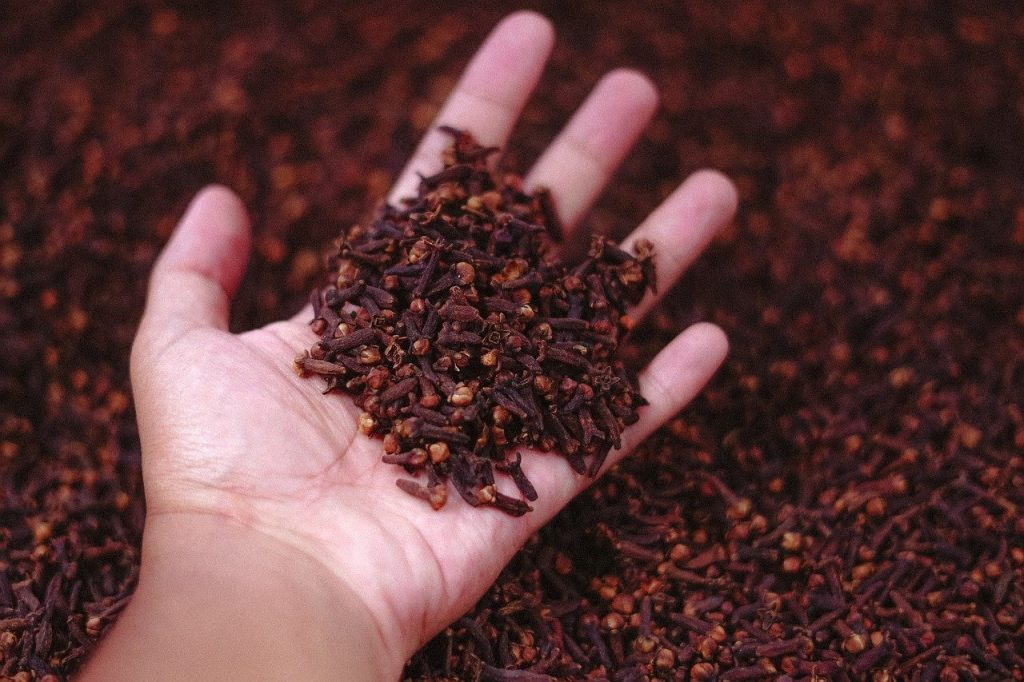
In the pursuit of holistic health and natural wellness, many men are turning to herbal remedies to support vitality and reproductive health. Among the myriad of spices celebrated in traditional medicine, clove (Syzygium aromaticum) stands out not just for its rich aroma and warming flavor, but also for its potential benefits in enhancing sexual performance. This post dives deep into the science, tradition, and practicality of using clove-infused tea as a potential aid for erectile dysfunction (ED).
Understanding Erectile Dysfunction (ED)
Erectile dysfunction, defined as the persistent inability to achieve or maintain an erection sufficient for satisfactory sexual performance, affects millions of men worldwide. While pharmaceutical treatments like sildenafil (Viagra) offer reliable outcomes, they are not without side effects. As a result, there is growing interest in natural alternatives that offer gentler, long-term benefits.
Why Clove?
Clove is a spice derived from the flower buds of the Syzygium aromaticum tree. Traditionally used in Ayurvedic and Chinese medicine, clove has been valued for its:
- Antioxidant and anti-inflammatory properties
- Ability to enhance digestion and circulation
- Local anesthetic effects (thanks to its main compound, eugenol)
But can clove influence sexual performance? Let’s explore.
The Science Behind Clove and Sexual Health
Recent animal studies provide promising evidence for clove’s aphrodisiac properties:
- Increased Sexual Behavior in Rats (2024 Study): An ethanol extract of clove leaves and its active fractions (n-hexane and ethyl acetate) showed significant improvement in sexual behavior in male Wistar rats. These included reduced mounting latency and increased mounting frequency, suggesting improved libido and arousal.
- Eugenol’s Role in Penile Blood Flow: Eugenol, the primary compound in clove, was shown to restore erectile function in diabetic rats by improving blood flow in the corpus cavernosum.
- Neurohormonal and Circulatory Effects: Other studies suggest clove may slightly boost testosterone levels at low doses while enhancing blood vessel dilation and nerve sensitivity involved in arousal.
While these findings are encouraging, it is essential to note that all studies so far have been conducted on animals. No robust human clinical trials have been published to confirm clove’s effectiveness in treating ED.
Clove Tea: A Practical and Gentle Introduction
For those curious to explore clove’s potential benefits, clove-infused tea provides a safe and enjoyable entry point. It’s a traditional preparation that can easily be incorporated into your daily routine.
Ingredients:
- 3 to 5 whole cloves
- 1.5 cups of filtered water
- Optional: cinnamon stick, grated ginger, or honey for flavor
Preparation:
- Boil the water in a small pot.
- Add the cloves (and optional spices), and reduce to a simmer.
- Let it steep for 5–10 minutes, covered.
- Strain and enjoy warm, preferably after meals.
Recommended Usage:
Start with one cup daily, 4–5 times per week. Monitor how your body responds, particularly in terms of digestion, energy, and overall well-being.
Safety and Considerations
Although clove is generally safe in culinary doses, there are some precautions to be aware of:
- High doses may reduce testosterone levels and adversely affect sperm quality (seen in some rodent studies).
- Essential oil of clove can cause irritation or toxicity if overused or applied undiluted.
- Individuals with liver disorders, bleeding conditions, or on anticoagulants should consult a healthcare provider before consuming clove regularly.
Always start with small amounts and avoid concentrated clove oil or extracts unless supervised by a professional.
The Bottom Line
Clove-infused tea is a warming, aromatic brew with centuries of traditional use and emerging scientific support. While not a substitute for medical treatment, it may offer complementary benefits for men seeking to improve sexual health naturally. Its gentle effect on circulation, antioxidant support, and potential neurohormonal effects make it a worthy herbal ally in the broader strategy of managing erectile dysfunction.
As always, approach herbal remedies with patience, mindfulness, and consistency. And stay tuned: as science continues to explore clove’s full potential, this humble spice may yet earn a confirmed place in men’s sexual wellness.
Disclaimer: This blog post is for informational purposes only. It does not substitute professional medical advice, diagnosis, or treatment. Always consult with a healthcare provider before beginning any herbal or alternative remedy, especially if you have underlying conditions or are on medication.
Frequently Asked Questions (FAQs)
- Can clove tea really help with erectile dysfunction?
While animal studies suggest that clove extract may enhance sexual behavior and blood flow, there is currently no clinical evidence in humans. Clove tea may offer mild supportive benefits but should not be seen as a cure for ED. - How often should I drink clove tea for potential benefits?
Start with one cup daily, 4–5 times per week. This allows your body to gradually adjust and gives time to observe any subtle changes in energy, mood, or libido. - Can I combine clove tea with other herbs for ED?
Yes, some men combine clove with ginger, cinnamon, or ginseng for synergistic effects. However, avoid combining multiple strong herbs without understanding potential interactions. - Is it safe to use clove tea long-term?
In moderate amounts, clove tea is generally safe for most people. Long-term, high-dose use (especially in extract or essential oil form) should be avoided unless guided by a healthcare professional. - Are there any side effects of drinking clove tea?
Possible side effects include stomach upset, oral irritation, or increased bleeding risk if consumed in excess or in sensitive individuals. Discontinue if any discomfort arises. - Can women drink clove tea too?
Absolutely. Clove tea supports digestion, blood circulation, and immunity, making it beneficial for all genders. However, the sexual health benefits discussed here are specific to male physiology. - What’s the difference between using whole cloves and clove oil?
Whole cloves are milder and safer for regular use. Clove oil is far more concentrated and can cause side effects if misused. For ED, start with tea from whole cloves, not essential oils. - Can clove tea interact with medications?
Yes. Clove may interact with anticoagulants, diabetes medications, and drugs processed by the liver. Always consult a healthcare provider if you are on medications. - How long does it take to notice any effects?
Herbal remedies like clove typically work slowly. If benefits are to appear, it may take 2–4 weeks of consistent use, and effects may be subtle rather than dramatic. - Should I stop taking ED medication if I start clove tea?
No. Clove tea is not a replacement for prescribed ED treatments. It may be used as a complementary approach but always under medical guidance.














